 “If you realize that all things change, there is nothing you will try to hold on to. If you are not afraid of dying, there is nothing you cannot achieve.” – Lao Tzu
“If you realize that all things change, there is nothing you will try to hold on to. If you are not afraid of dying, there is nothing you cannot achieve.” – Lao Tzu
From Gail Sheehy’s Eight Labyrinths and the book Passages in Caregiving:
. . . . . . . . .
VII. The In-Between Stage
This is a momentous turning point for those who care for the chronically ill. Your loved one cannot be cured in an acute-care hospital, but he or she is not ready to die—and may live on for years. But our health-care system has little to offer at this stage, except round-trips to the emergency room and readmissions to the hospital. One in five Medicare patients is returned to the hospital within a month of discharge. Why? Because insurers pay hospitals to treat disease, instead of rewarding them for following the patient with decent aftercare at home that will keep them healthy and reduce the number of round-trips. These readmissions are debilitating for both the patient and the caregiver. And they cost the federal government an estimated $17 billion a year.
What to do:
I found a solution in palliative care—which is an entirely different strategy. In between hospital and hospice is home, where most people want to live out the long afternoon of their lives. Palliative care is a preventive care model. The goal is to prevent the crisis that would require readmission to the hospital. You need to expand the circle of people who will assume some responsibility for aspects of care or just be present with your dependent loved one. Let members of your family and friends who have not been involved know that you have reached the end of your rope. Even long distance, they can be helpful. And don’t be shy about asking for assistance from neighbors, coworkers, your church, your community college, or social organizations. Find students who need to do public service for their high school or college. If you ask someone to help you when you really need it, they like you better because they feel valuable and closer to you. More important, surrounding your loved one with a circle of love is the best medicine of all. And there is now scientific proof of this obvious human instinct.
. . . . . . . . .
As I was reading through this take from Gail Sheehy’s Passages in Caregiving, Eight Labyrinths, I thought, this is not just for the chronically ill. I experienced this very early on in my mother’s last bout with cancer. It became very clear, very quickly, she was not going to have any surgery and get on with her life. It was over. The 12 year on again, off again, cancer scares had taken a different turn and it was going to be something we had to confront and deal with. The urgency I had was to 1) come to grips with it, 2) figure out what my mother wanted to do, 3) have the courage to ask her, 4) learn about helping someone to die instead of live, 5) work through all of this with my sister who was in complete and utter denial about what was happening and drinking heavily every day which seriously hampered our ability to work through it together.
So I had my mother who was dying in my home, my two young children, Dave working long hours, my life, which quickly was handed off to all of my caring friends, and my sister who was an alcoholic and a substance abuser who was going over the deep end. In her alcohol stupor she would mistake my calm/caring presence as one who didn’t love my mother the way she did. We are both in a really good place about it all now, but it added to the stress for me in ways I can’t really articulate. But the compassion I had for my mother I also had for Lynn. I knew she was terrified to live her life without our mother and she simply couldn’t fathom it.
Palliative care at home can be the most wonderful of gifts you can give to a loved one. The insurance companies, doctors, nurses, and society, has come to appreciate very much this important aspect of our life’s experience. My mother was a military widow and those doctors continued to support her and were willing to work with the county Medical Hospice organization that would mentor me and support us in my home. I received a statement from the insurance company after she died and was amazed that all the care I gave her and she received over those months, with hospital beds, drugs, services, oxygen, etc., was about $7K. I thought wow! More people should do this and the medical community should encourage and support this more. It’s a no brainer. If she had done this in the hospital, which was an option for her, it would have been astronomically higher and I daresay, not nearly as loving.
If I had to give you one important tip in this Labyrinth it is that before you can truly do this, you have to change your way of thinking. You have to move from trying to extend their life to helping them die. Making it comfortable, loving, calm, filled with simple pleasures and lots of understanding. You have to understand that when they stop eating and drinking it’s their body shutting down and to not harangue them about it, it is stressful and counter productive. That to withhold from them pain meds is cruel. I was lucky in that. My mother told me straight up with serious intensity, “I want lots of drugs and lots of oxygen!” She was emphatically clear. It wasn’t about me, or any preconceived ideas I may have had, it was about her and her experience. It was about what she needed and what she wanted. I said, “I can do that for you Mom.” And I did. The hospices nurses are incredible sources of information for you. A good one will help you to anticipate what is coming next so you are not afraid. One who is not so proactive in educating you will need to be asked. ASK! Hospice organizations are not all the same, and some are better than others. But for the most part, my assessment is that they do this job because they have a calling. They are the Mother Theresa’s of the health care profession.
When she went into a local hospice center for a respite weekend to 1) try it out just in case she liked it better and 2) I could go on my annual hiking trip with my family, it turned out to be a huge disappointment. I found that they wouldn’t let my mother have her liquid morphine drops by her bedside like she did at home. They were not responsive to her pain med schedule. My sister ended up having to sleep there for the weekend because my mother was afraid to be left alone with the clearly inadequate nursing staff there. This was a top hospice center with a great reputation. Needless to say I was livid and angry (an understatement!). I shot off my letter to everyone including God, but I let it all go with that letter. I had more important things to do.
Anyway, if you are in the position to recognize what is really happening with your loved one and can move yourself to a different point of view about the role you need to play now, it will be smoother.
It is a gift to help someone die. Make no mistake. I know its hard because many of us are either in denial or grieving at the same time. Have courage and stay focused on their comfort. You can, and will, grieve later.







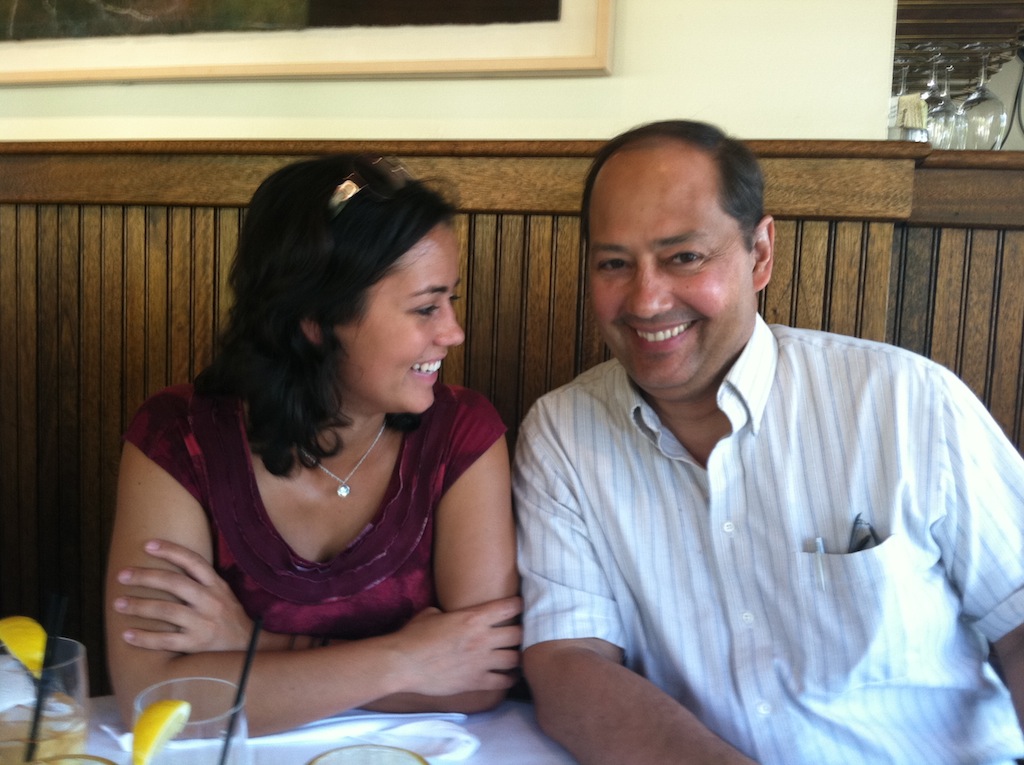
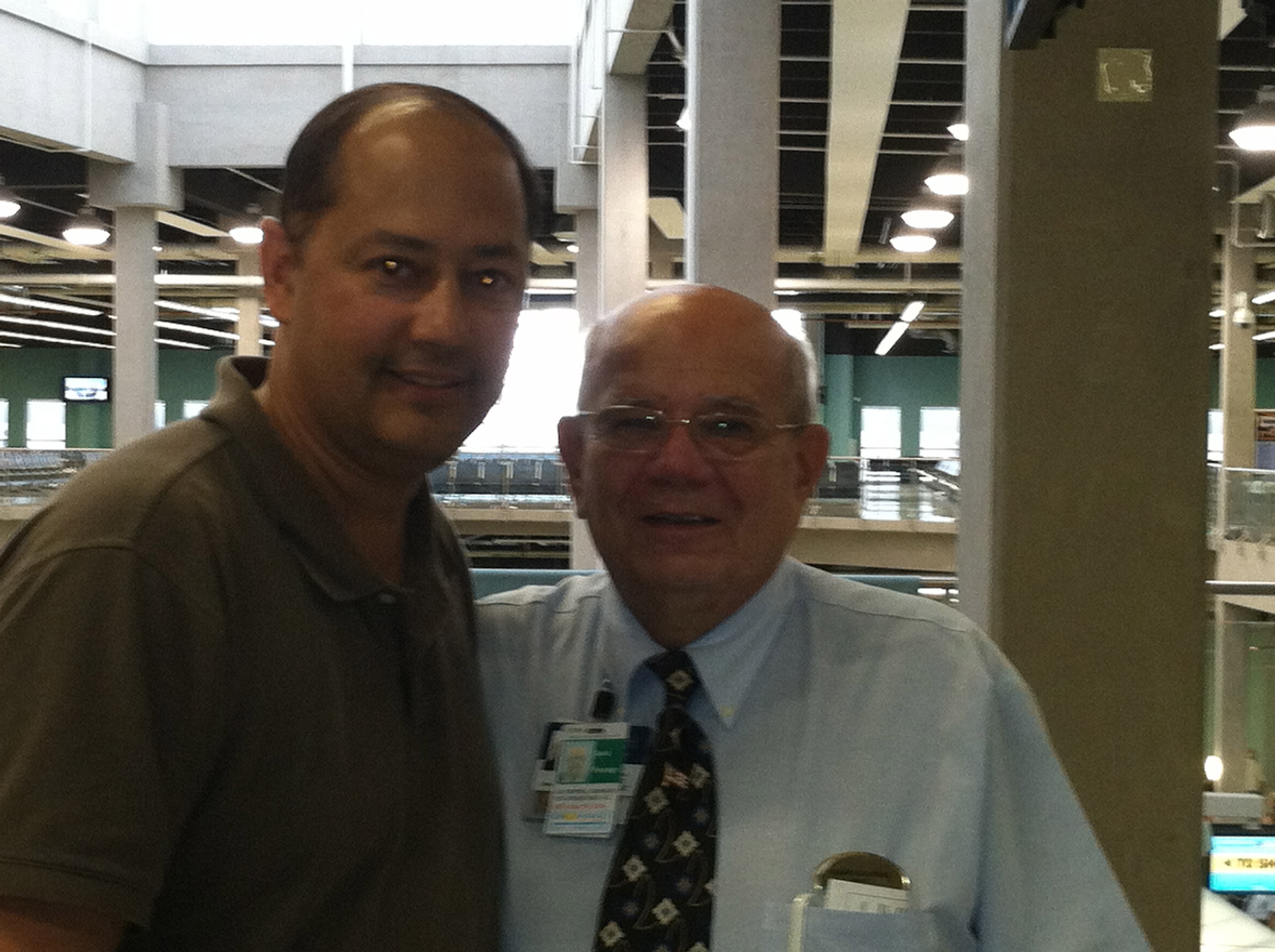
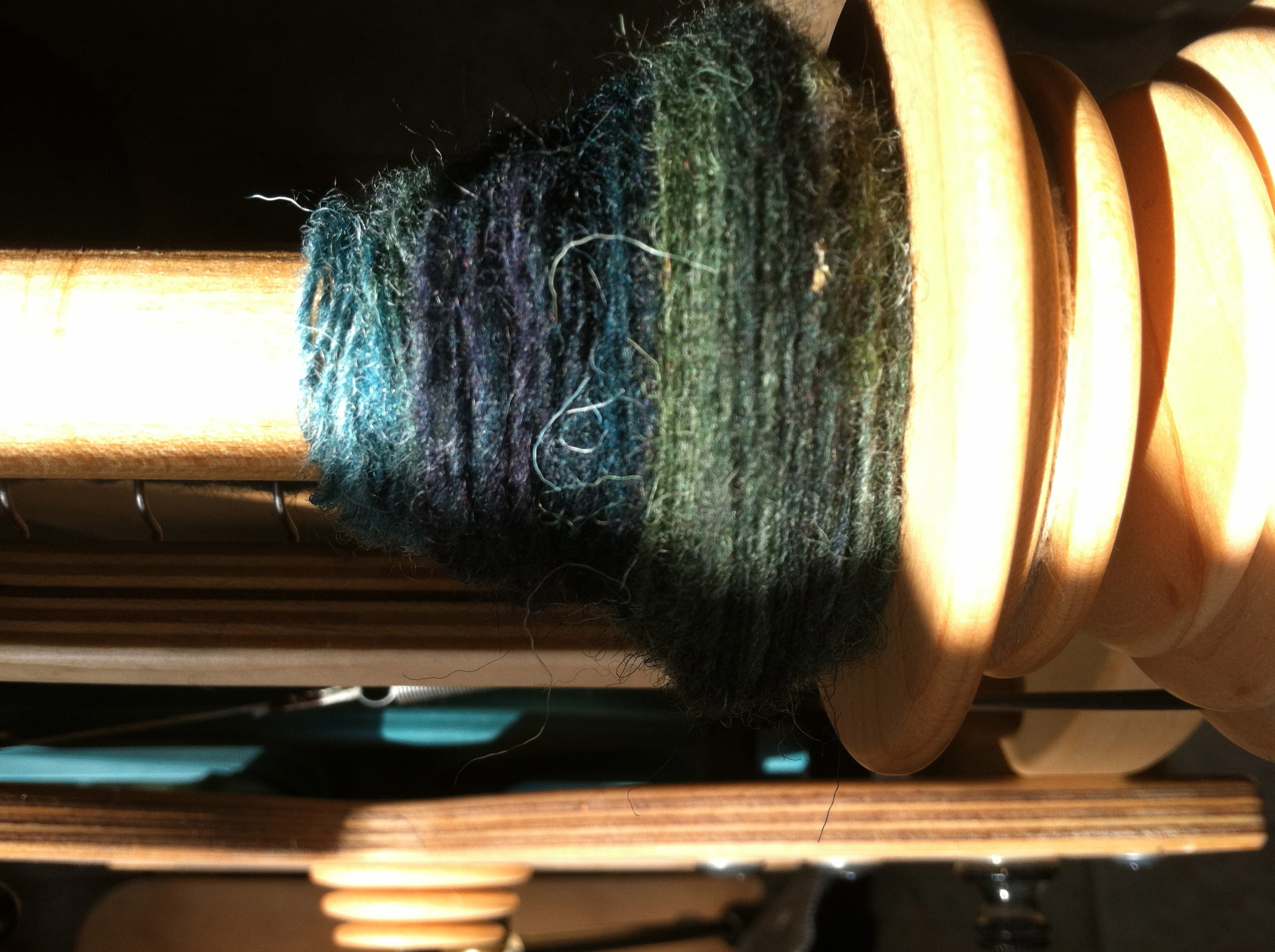

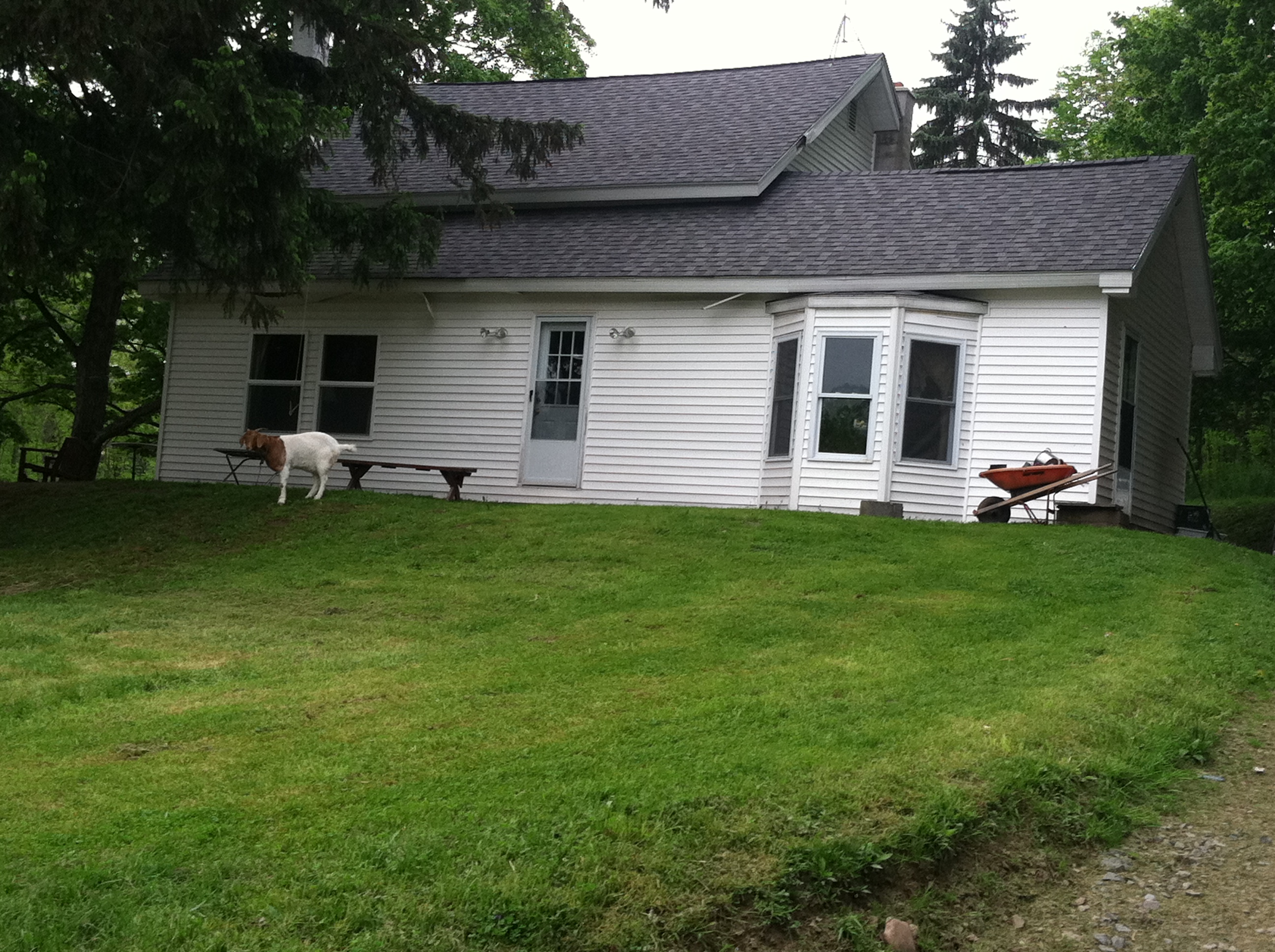

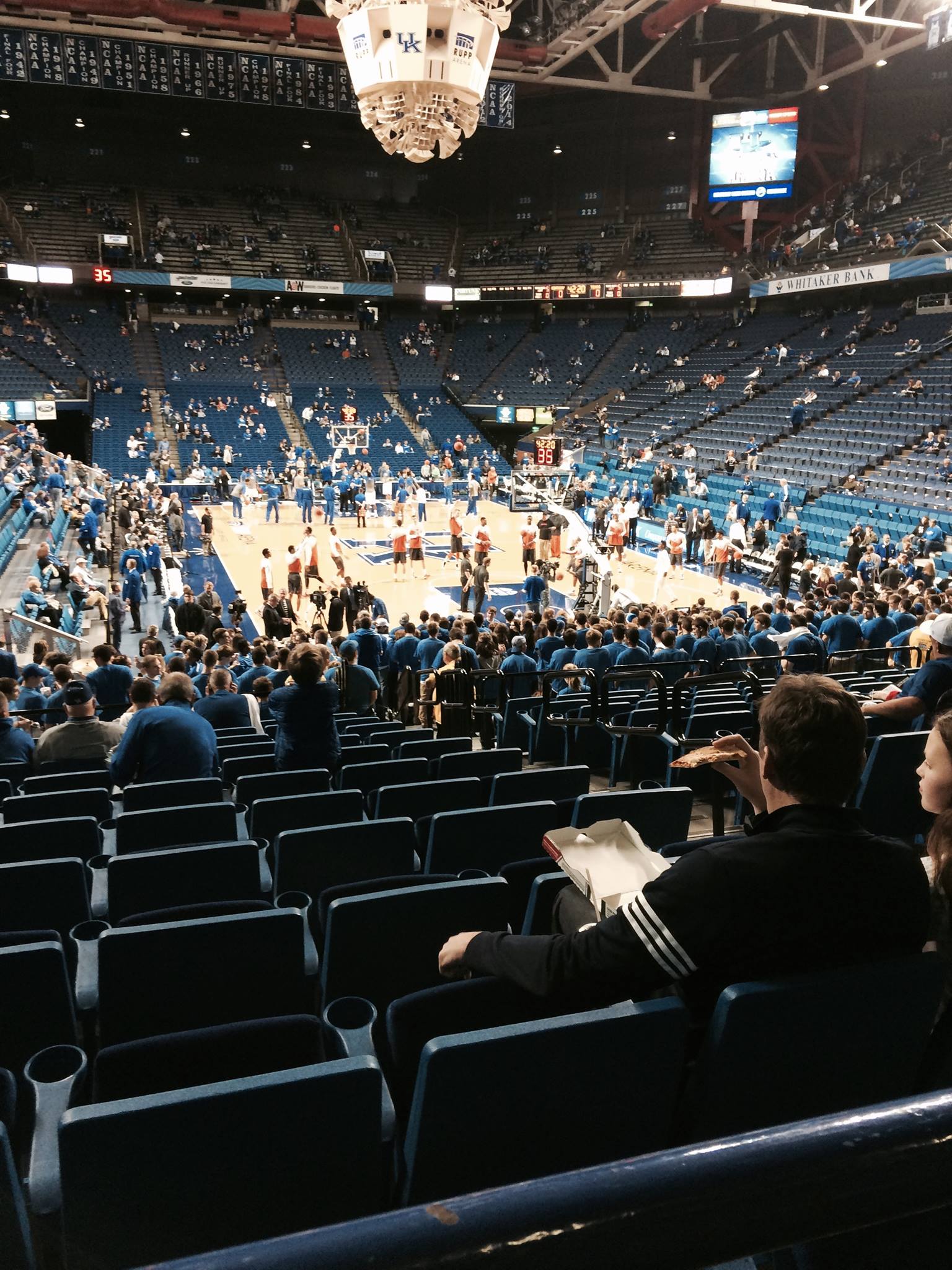

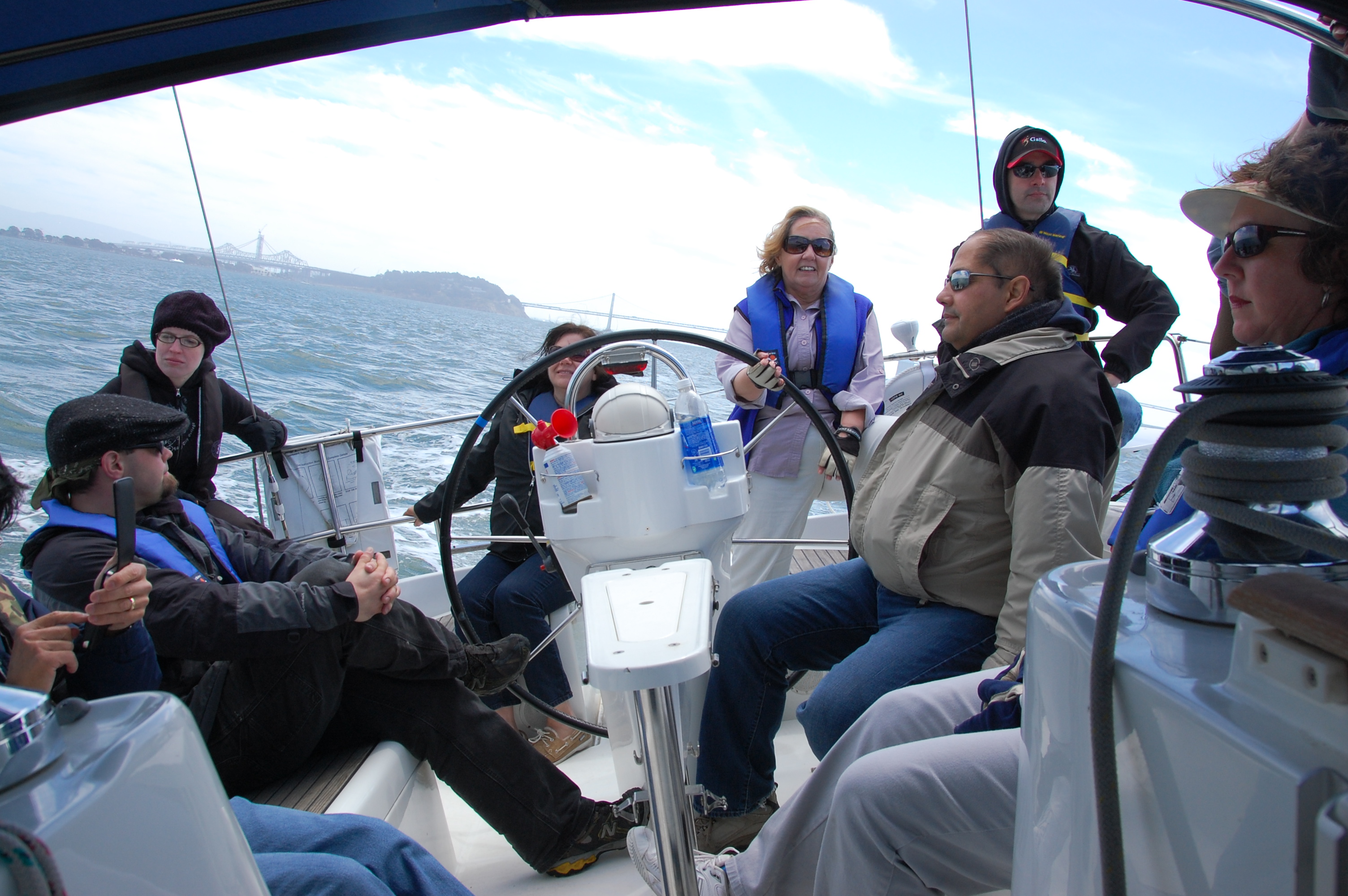
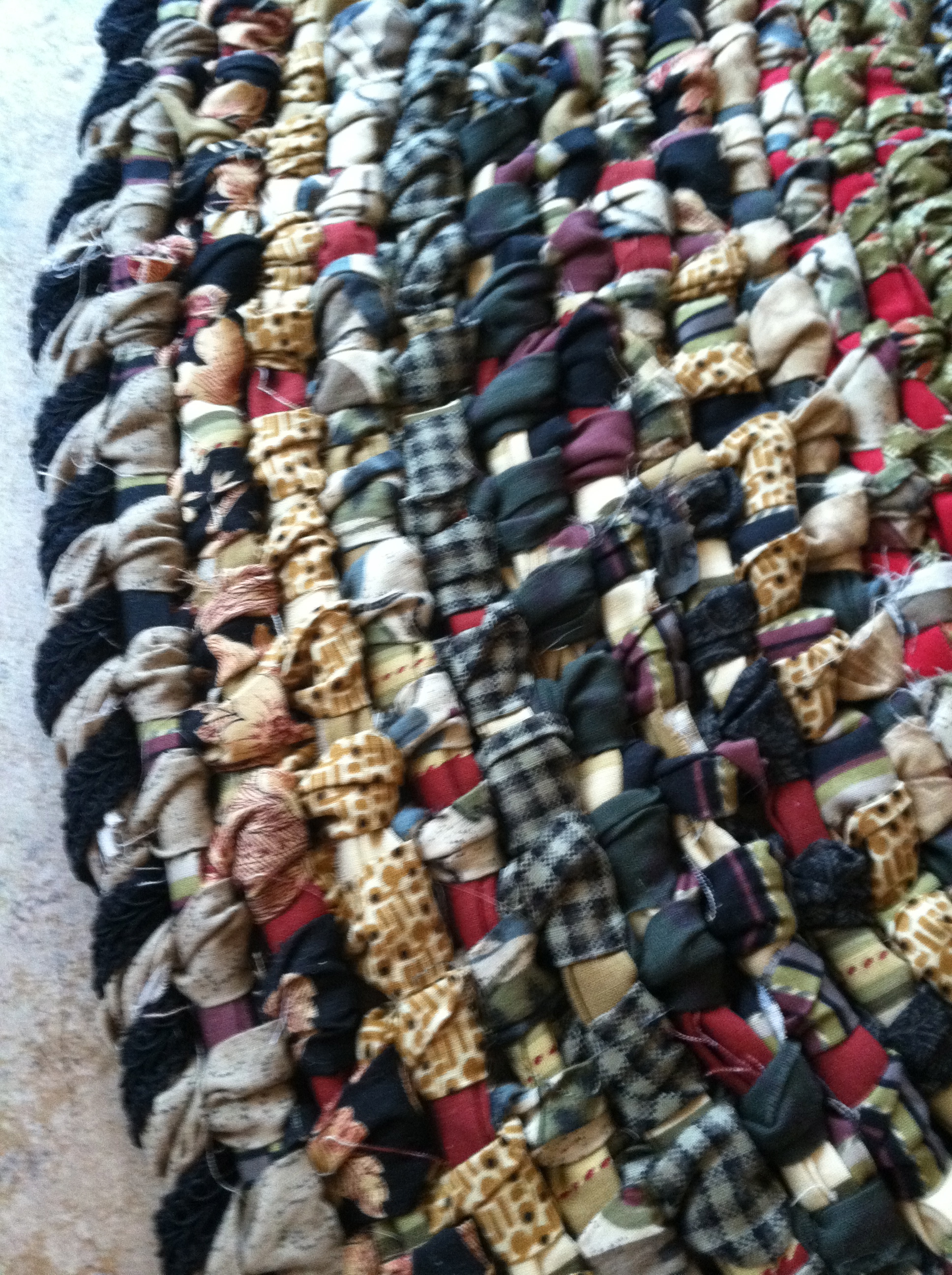


Thank you Kevin. I have one more to do. I’m sorry about your Dad. Once you get to that place in your head, it starts to move smoothly. And if you don’t have others who aren’t there yet, getting in the way! I’m hoping your disease gets quieted so you and your wife can have some good time together!
I’m hoping your disease gets quieted so you and your wife can have some good time together!
Lori, this has been a great series of articles – so much so that I just ordered the book for my wife and I. The story of you and your mother hits home hard as I’m afraid we are nearing a similar time with my father who seems to be shutting down and we need to deal with his care. Between that and what lies ahead for my wife as my disease progresses, I think this book could be invaluable. Thanks.